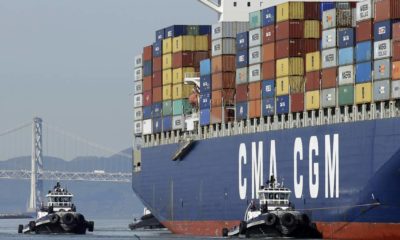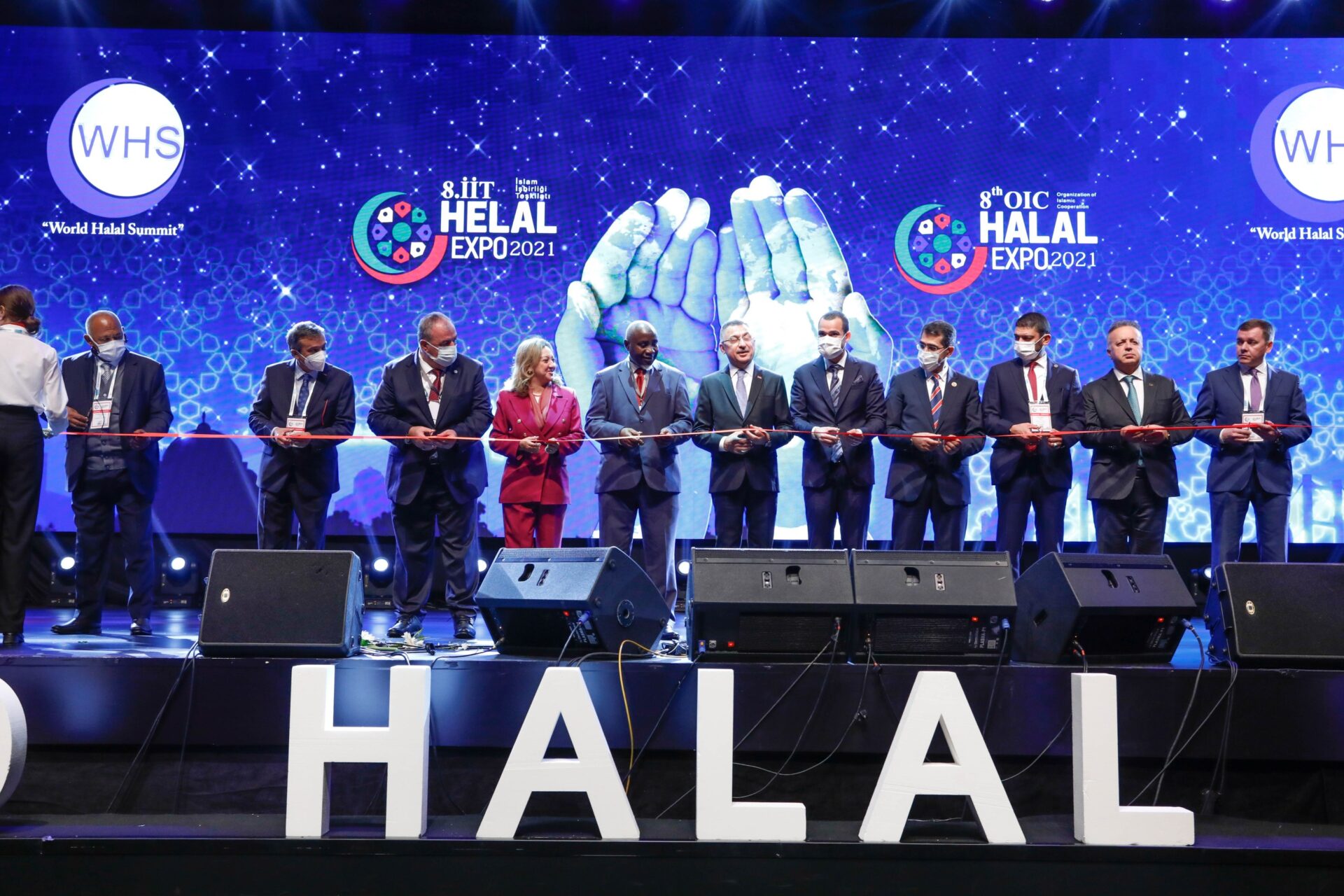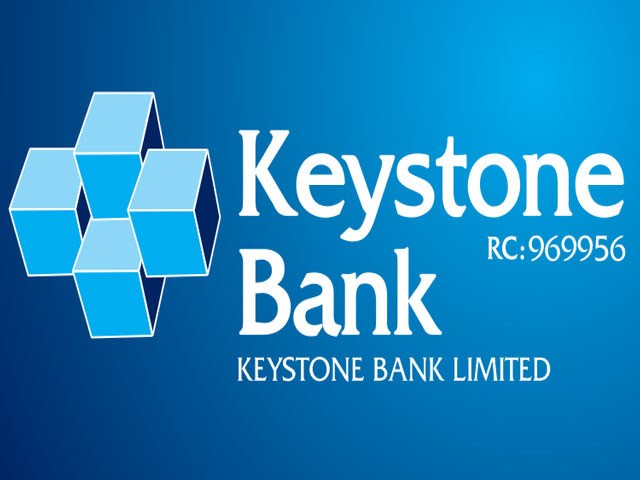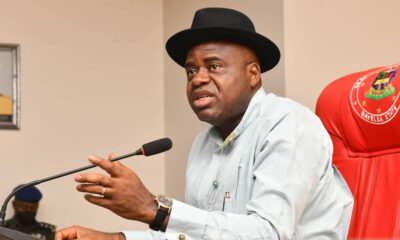The Nigerian Ports Authority (NPA) has reported a drop in vehicle imports from 28,024 units in the first quarter of 2023 to just 10,991 units in the same period of 2024.
This represents a 60.8% decrease and highlights the ongoing challenges faced by Nigeria’s automotive import sector.
The findings, contained in the NPA’s latest report titled “Nigerian Ports Authority: Ports Performance Report January to March 2024,” also show a decrease in overall ship traffic to Nigerian ports.
The number of ships docking at the nation’s seaports dropped by 4.3%, from 275 in the first quarter of 2023 to 251 in the first quarter of 2024.
The report attributes the sharp decline in vehicle imports to various economic and policy factors. One of the primary reasons cited is the fluctuating exchange rate, which has made it increasingly expensive to import vehicles into the country.
Kayode Farinto, a chieftain of the Association of Nigerian Licensed Customs Agents, noted that the unstable exchange rate has significantly impacted vehicle importation.
“It is the fluctuating exchange rate that is killing the business. If you bring in older vehicles now, you are expected to pay higher duty, and the exchange rate continues to go up daily with nothing being done to address that,” Farinto stated.
He suggested that unless the government pegs the exchange rate for cargo clearance to a more stable rate, such as N1000/$, and increases the age limit of permissible imported vehicles from 12 years to 15 years, the situation is unlikely to improve.
The report also highlighted other contributing factors to the decline, including high levies and duties on imported vehicles.
Abayomi Duyile, Chairman of the Ports & Terminal Multipurpose Chapter of the National Council of Managing Directors of Licensed Customs Agents, pointed out that the cost of importing older vehicles is prohibitive due to these levies.
“For example, if you have a vehicle of 15 or 20 years, you are going to pay the duty as if the vehicle is 10 years old. So it is because of the cost. When you bring them in, how do you sell?” Duyile asked.
The NPA report also showed a mixed performance in other areas of the ports’ operations. While the total cargo throughput excluding crude oil increased by 16.1% from 18,243,644 metric tonnes in the first quarter of 2023 to 21,186,348 metric tonnes in the same period in 2024, the berth occupancy rate averaged 29.8% in the first quarter of 2024, a decrease from 34.5% in 2023.
This lower occupancy rate indicates reduced congestion at the ports, which may contribute to improved turn-around times and overall efficiency.
Despite the decline in ship traffic, some performance indicators showed positive trends. The average turn-around time for vessels improved to 4.6 days from 5.1 days in 2023, partly attributed to the impact of the Lekki Deep Seaport, which achieved an average turn-around time of just one day, showcasing its efficiency.
The reduction in vehicle imports, coupled with the overall decline in ship visits, signals underlying economic challenges and shifts in the import-export balance.
The NPA emphasized the need for a collective effort from all stakeholders to address these challenges and improve the efficiency and capacity of Nigeria’s ports to handle increasing trade volumes.
The NPA’s report concludes that the challenges facing Nigeria’s vehicle import sector require urgent attention to stabilize the exchange rate, adjust import duties, and implement policies that encourage the importation of vehicles in a manner that supports economic growth and stability.


 Naira4 weeks ago
Naira4 weeks ago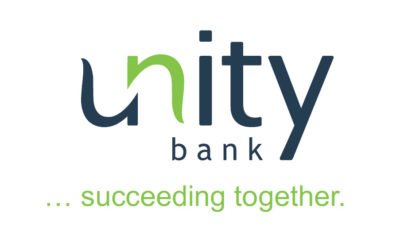
 Banking Sector4 weeks ago
Banking Sector4 weeks ago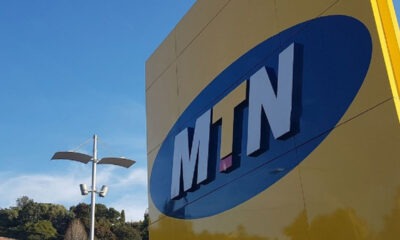
 Telecommunications4 weeks ago
Telecommunications4 weeks ago
 Banking Sector4 weeks ago
Banking Sector4 weeks ago
 Sport Business4 weeks ago
Sport Business4 weeks ago
 Government4 weeks ago
Government4 weeks ago
 Naira3 weeks ago
Naira3 weeks ago
 Naira4 weeks ago
Naira4 weeks ago



